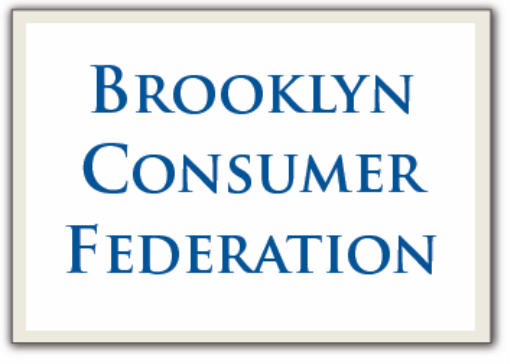|
COVID-19 Consumer ScamsAs the COVID-19 pandemic continues to impact the United States, the FCC has learned of scam text-message campaigns and robocalls that prey on virus-related fears.
For more information about scam calls and texts, visit the FCC Consumer Help Center and the FCC Scam Glossary. The FCC has continued to process informal consumer complaints throughout the pandemic. View data, by category, for informal consumer complaints related to COVID-19 and the Keep Americans Connected Pledge. Learn more about the FCC response to the pandemic at fcc.gov/coronavirus.
0 Comments
The number of Americans who experience identity theft increases each year. Financial institutions have stringent privacy policies to protect your personal and financial information. Password protection for online and ATM transactions help assure safety.
While nothing can guarantee that you won’t become a victim of identity theft you can minimize your risk, and minimize the damage if a problem develops, by making it more difficult for identity thieves to access your personal information. Protect Your Financial Information: Give your Social Security number only when absolutely necessary. Only give check and credit card information to those you know and trust. Closely guard your ATM personal identification number and ATM receipts. Treat Trash and Mail Carefully: Shred your charge receipts, copies of credit applications, insurance forms, checks and all financial statements and solicitations before disposing of them. Deposit your outgoing mail in post office collection boxes or at your local post office. Keep your Financial Institution Informed: Let your financial institution know about suspicious phone or email inquiries, such as those asking for account information to “verify a statement.” Always review your statements for suspicious charges or other activity. Select Intricate Passwords: Place passwords on your credit card, financial institution, and phone accounts. Avoid using easily available information such as your phone number. Verify a Source before Sharing Information: Don’t give out personal information on the phone, through the mail, or on the Internet unless you have initiated the contact and are sure you know who you are dealing with. Watch Your Bills: If regular bills fail to reach you, contact the company and ask why. If your bills include questionable items, investigate them immediately. Review Your Credit Report: You are entitled under Federal law to a free copy of your credit report annually from each of the major credit reporting agencies. That means you can review your report free three times each year. How To Obtain A Free Credit Report: www.annualcreditreport.com. |
Mission StatementTo provide our members and general public information regarding consumer issues and current trends in consumerism. Archives
July 2024
Join UsWe welcome you to join the Brooklyn Consumer Federation and support our activities in the community.
$10 Membership Fee |


